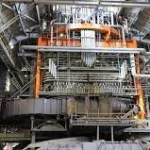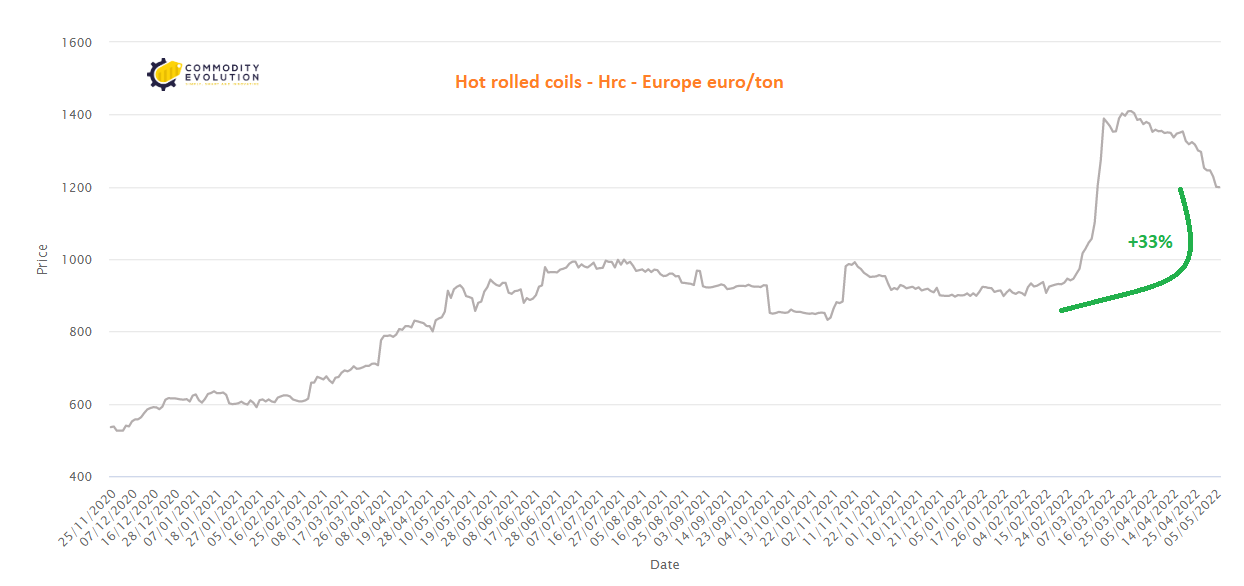 The British government has imposed sanctions on Russian mining and steel company Evraz because of its operations in sectors of strategic importance to the government of Russia.
The British government has imposed sanctions on Russian mining and steel company Evraz because of its operations in sectors of strategic importance to the government of Russia.
In a May 5 British government statement, Evraz’s main operations are in Russia and it produces 28 percent of all Russian railway wheels and 97 percent of the country’s railway tracks, which were “vitally important as Russia uses the railway to move key military supplies and troops to the front line in Ukraine.
Along with the existing measures, this action will further discourage companies operating in strategic sectors in Russia and the asset freeze is an indication that no British citizen or company will be able to do business with Evraz.
These sanctions will help further erode Putin’s financial reserves and economy and support Ukraine’s continued resistance.
Steel prices have been pushed up by reduced supply from Russia due to sanctions, with European hot-rolled coil trading in the €1,199/mt area on May 5, up 33% since the start of 2022.
The UK decided on March 10 to freeze the British assets of a number of Russian oligarchs, including Abramovich, a shareholder in Evraz, and banned them from entering the country and doing business with British citizens and companies.
On March 11, all of Evraz’s non-executive directors (Alexander Abramov, Alexander Frolov, Alexander Izosimov, Deborah Gudgeon, Eugene Shvidler, Eugene Tenenbaum, Karl Gruber, Maria Gordon, Sir Michael Peat, and Stephen Odell) resigned.
In defense, Evraz denied that it was involved in providing services, funds, resources, goods or technology to destabilize Ukraine and that it did not supply steel to the Russian military, which may have been used in the production of tanks. Evraz sells steel only to the infrastructure and construction sectors.
On April 6, the U.K. Trade Remedies Authority initiated a review of steel imports from Russia and Belarus to assess whether tariff quotas for the two countries should be reallocated to avoid a potential steel shortage.
The Trade Remedies Authority reported that due to sanctions imposed on some imports from Russia and Belarus, exporters may not be able to meet their quotas and reallocating them to other countries could help ensure a steady supply of steel needed for the construction, engineering, and automotive industries.
.gif) Loading
Loading


